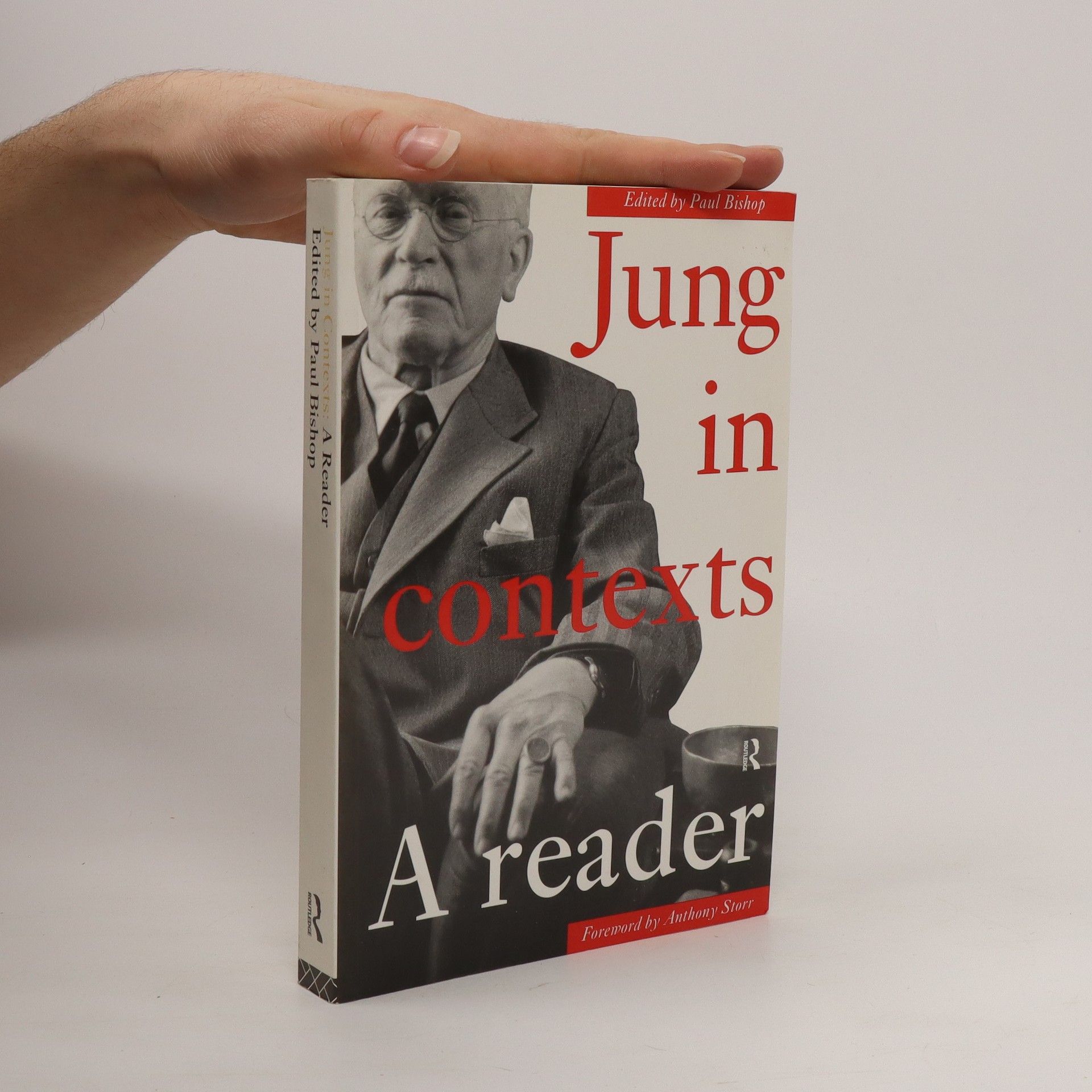The book offers a message of hope and empowerment through the narratives of biblical characters who face struggles similar to those of modern readers. Each chapter addresses themes such as identity, addiction, and redemption, illustrating the journey from dysfunction to recovery. Drawing on his experience as a therapist and recovery leader, the author provides relatable stories that emphasize the possibility of change and healing, reassuring readers that they are not alone in their struggles.
Paul Bishop Livres
Paul Bishop apporte une richesse d'expérience réelle issue de ses décennies en tant que détective, spécialisé dans les crimes sexuels et la lutte contre le terrorisme. Les points forts de sa carrière comprennent des taux d'arrestation et de résolution d'affaires constamment élevés, ce qui lui a valu des distinctions en tant que Détective de l'année. Bishop a transformé cette expertise en une carrière d'écrivain à succès, auteur de nombreux romans et scénarios, explorant souvent des récits criminels sombres. Il partage également ses connaissances par le biais de séminaires d'interrogatoire et est apparu dans une émission de téléréalité.






Nietzsche's the Anti-Christ
- 328pages
- 12 heures de lecture
The Anti-Christ is one of the most notorious, if not the most notorious, books by Nietzsche – and one of his most frequently misrepresented. Presupposing no prior knowledge of Nietzsche or the text, nor with Christian beliefs or doctrines, Paul Bishop carefully guides students through The Anti-Christ section by section. Bishop unpacks the difficulties that many readers face when dealing with Nietzsche’s rhetoric. And he contextualises the text within the wider contexts of Nietzsche's thought as a whole and the broader currents of contemporary 19th and 20th century thought. Student resources include a chronology of Nietzsche's life and work, a glossary of key terms, an index of names and subjects and a guide to further reading.
Analytical Psychology and German Classical Aesthetics
Goethe, Schiller, and Jung Volume 2: The Constellation of the Self
- 260pages
- 10 heures de lecture
Exploring the intellectual connections between Weimar classicism and analytical psychology, this book serves as a valuable resource for students and scholars in these fields. It delves into the interplay of ideas, enhancing the understanding of both literary and psychological frameworks during this pivotal period.
Jung in Contexts
- 320pages
- 12 heures de lecture
This is a unique collection of the most important essays on Jung and analytical psychology over the past two decades. The essays place Jung, the man and his work, in three important contexts: historical, literary and intellectual.
Reading Goethe at Midlife
Ancient Wisdom, German Classicism, and Jung [ZLS Edition]
- 302pages
- 11 heures de lecture
The book delves into the concept of the midlife crisis through the lenses of C.G. Jung and Goethe, examining its significance in contemporary life. It traces the evolution from "the ages of humankind" to "the stages of life," emphasizing the midlife crisis as a crucial transition. Paul Bishop analyzes Jung's insights and Goethe's exploration of Orphic wisdom, particularly in his poem "Primal Words. Orphic." By integrating Jungian psychology with Goethe's commentary, the author reveals profound implications for understanding this pivotal life stage.
From Father to Son
- 224pages
- 8 heures de lecture
Remember when football was fun? When you knew the tea-lady's name, could watch your heroes train at the local park and get close enough to hear their banter? When you could go to a game without having to buy a ticket three weeks beforehand? No? Well, let Paul Bishop remind you of what it was like in his autobiographical tale From Father to Son.
Discourses of Philology and Theology in Nietzsche
From the Untimelies to The Anti-Christ
- 512pages
- 18 heures de lecture
The examination focuses on the conflicting discourses of theology and philology in Nietzsche's works. It argues that understanding the complexity of Nietzsche's perspective requires analyzing how these two fields influence his thought and aim. The study delves into the nuances of his writings, revealing the underlying tensions that shape his philosophical inquiries.
Nietzsche's Writing Against Religion and the Crisis of Faith
Twentieth-Century Christian Reactions and Responses
- 291pages
- 11 heures de lecture
Exploring reception theory, this book delves into the significant figures who interpreted Nietzsche's critique of Judeo-Christianity throughout the twentieth century. It addresses the common observations surrounding Nietzsche's influence while providing a detailed analysis of how his ideas were received and understood, shedding light on the complexities of his philosophical legacy. Through this investigation, the text seeks to clarify the implications of Nietzsche's parable and its resonance in contemporary thought.
Exploring the evolution of Carl Jung's concepts, the book delves into the transition from the Third, seen as a healing agent, to the significance of the Fourth. It examines Jung's complex engagement with Platonic ideas, emphasizing how his early focus on the "transcendent function" shifted over time. The author poses critical questions about this transformation, inviting readers to consider the implications of Jung's theories on psychological healing and development.
Jung and the Epic of Transformation - Volume 1
Wolfram von Eschenbach's "Parzival" and the Grail as Transformation
- 396pages
- 14 heures de lecture
Exploring the connection between the Middle Ages and contemporary life, the book delves into Jung's assertion that understanding this historical period is essential for personal growth. It emphasizes the significance of integrating medieval elements within oneself to achieve a deeper self-awareness and psychological development. Through this lens, the text invites readers to reflect on how the past continues to shape our identities and experiences today.